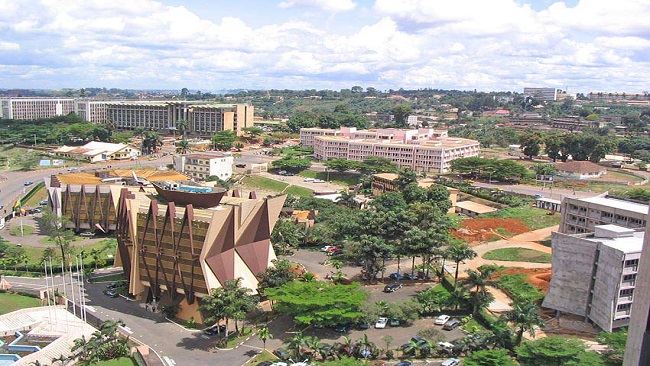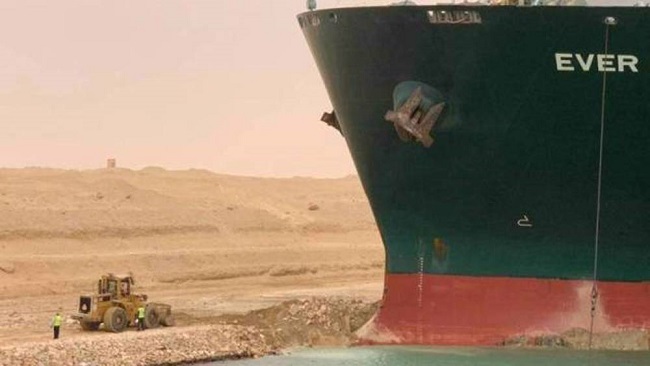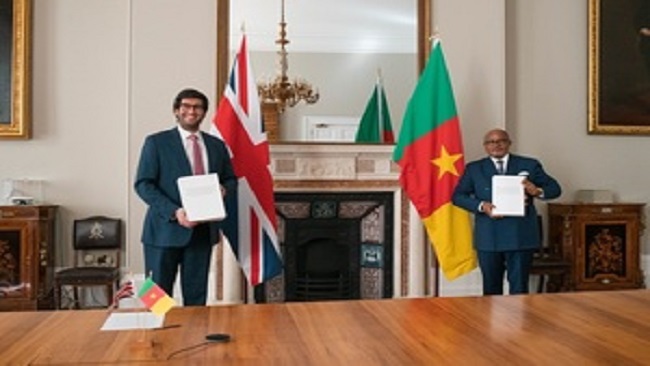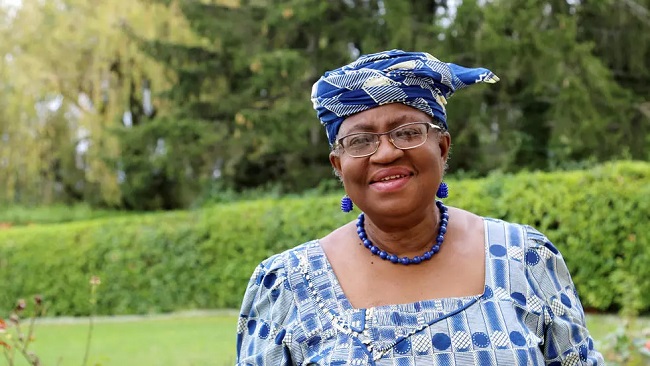13, May 2021
Italy fines Google €100 million for shutting out rival’s smartphone app 0
Italy’s anti-trust authority said Thursday it had fined Google more than 100 million euros ($120mn) for shutting out a rival’s smartphone app offering recharging of electric vehicles.
The authority said Google, whose Android operating system and Google Play app store dominate the Italian market, had abused its market position by blocking an Enel X app for users of electric vehicles.
The regulator added it would require Google to make Enel X’s app available on Android Auto, which mirrors features of an Android device, such as a smartphone, on a car dashboard screen.
The fine of 102,084,433.91 euros is for a violation of article 102 of the Treaty on the Functioning of the European Union which regulates monopolies and issues involving restriction of competition.
Italy found Google did not allow Enel X Italia to develop an Android Auto-compatible version of its JuicePass app. JuicePass offers services relating to recharging electric vehicles, such as finding the nearest charging station and reserving a space there.
“By refusing Enel X Italia interoperability with Android Auto, Google has unfairly limited the possibilities for end users to avail themselves of the Enel X Italia app when driving and recharging an electric vehicle,” the authority stated.
“Google has consequently favored its own Google Maps app,” added the authority.
“The exclusion of the Enel X Italia app from Android Auto has been going on for more than two years, and if it were to continue, could permanently jeopardise Enel X Italia’s chances of building a solid user base at a time of significant growth in sales of electric vehicles.”
This, the body concluded, amounted to “an impoverishment of consumer choice and an obstacle to technological progress” which could influence the development of electric mobility.
The authority as a result said it had ordered Google to make available to Enel X Italia and other app developers app programming tools which are interoperable with Android Auto while adding it would monitor compliance of its ruling via an independent expert with whom Google would be obliged to cooperate.
Source: AFP


























22, May 2021
Yaounde-Nsimalen Airport: “Camair Co has been flying coffins for over a decade” 0
Even before the Friday incident at the Nsimalen International airport when a plane belonging to Cameroon’s national carrier, CAMAIR-CO ran off the runway, causing panic among passengers and flight crew, analysts had warned that CPDM corruption and poor leadership was making it difficult for the Biya regime to improve Cameroon’s air safety.
The exact circumstances of the incident are not yet known but first unofficial report hinted of no casualties.
Nsimalen airport officials say they have successfully evacuated all the passengers onboard the plane from the scene and only a scientific investigation will reveal the cause of the problem.
Despite CamairCo assurances to its customers, controversy still rages over the cause of the Nsimalen incident.
According to Cameroon Intelligence Report, which quoted an anonymous official in the Ministry of Transport, Camair Co has been flying coffins for over a decade.
The regime in Yaoundé has reportedly denied that the plane was faulty. But many in the Aviation industry contacted by Cameroon Concord News said that there were issues with the engine.
Some months ago, seven Cameroon government ministers had to make an emergency trip to the North of the country using a Kenya airways plane.
No one in the Ministry of Transport can provide any information on the various departments responsible for control of the systems, in terms of certification and control of CamairCo activities.
The general manager of CamairCo and his entire staff including the board of directors are all chartered members of the ruling CPDM Crime Syndicate. Correspondingly, the company avoids complying with government regulations by paying off officials.
If the CamairCo plane that ran off the runway on Friday was faulty, then it is evidently clear that the company paid an inspector to allow the aircraft to fly.
Air travel within Cameroon and all of Africa remains relatively dangerous. In 2010, The International Civil Aviation Organization reported that the accident rate for air traffic in Africa was more than four times the global average.
By Soter Tarh Agbaw-Ebai with files